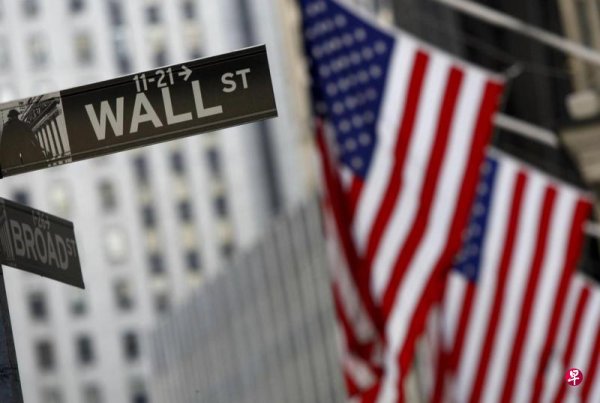OCBC: Moody s downgrade of US credit rating will only have short-term impact

He advised investors to maintain diversified investment strategies and be optimistic about the European, American and Asian stock markets (excluding Japan), especially the Chinese, Hong Kong and Singapore markets. In addition, gold trends are also optimistic, with an estimated target price of US$3,900 (about S$5,071) in the next 12 months.
Huasu Meinon pointed out that the downgrade highlights the risks of the US budget deficit and the expansion of debt. "But these issues are not new, and the market has been discussing this extensively over the past few months or even years."
Vasu Menon, managing director of investment strategy at OCBC, pointed out that although Moody’s downgraded the U.S. sovereign credit rating may have an impact on the market in the short term, it is unlikely to trigger long-term selling pressure.
He also said that looking back at the past history of ratings being downgraded, although the market has had short-term fluctuations, it often stabilizes quickly. Therefore, this downgrade should not cause major panic, but may exacerbate global investors' concerns about the "special nature of the United States" recession.
Huasu Meinon also said that the market focus will still focus on the direction of US trade, fiscal and monetary policy, as well as the influence of President Trump's words and deeds. Currently, the yield on the US 10-year Treasury bill remains in the range of 4% to 4.5%, and has temporarily rebounded due to the trade war. “However, if concerns about a recession, or concerns about a sharp slowdown in the U.S. economy resurface, it could limit Treasury yields.”
Moody's announced on Friday (May 16) that it would lower the U.S. sovereign credit rating from the highest "Aaa" to "Aa1", citing the expanding U.S. fiscal deficit and heavy federal debt burden.










